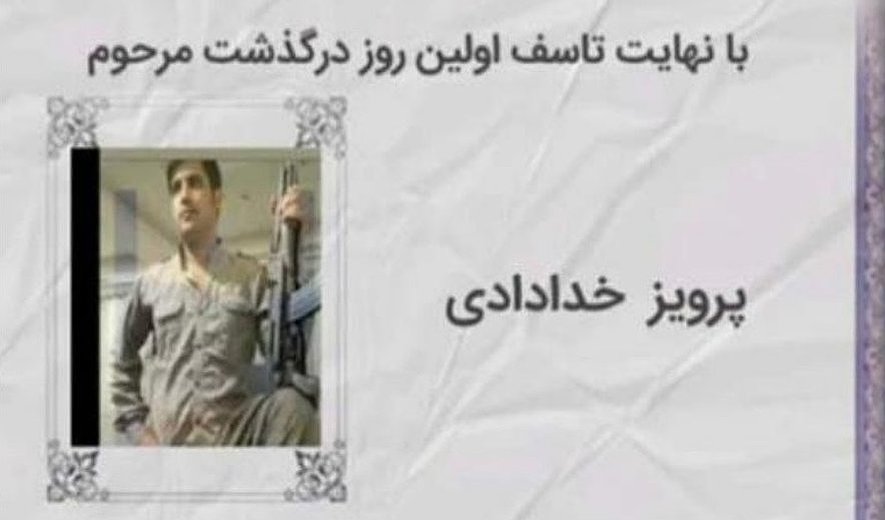Bloody Tribal Clash Following Qisas Execution: Continuation of Cycle of Violence

Iran Human Rights (IHRNGO); January 19, 2022: An armed clash broke out between two tribes after Parviz Khodadadi was executed on murder charges in Yasuj Prison, resulting in one death and three injuries.
According to information obtained by Iran Human Rights, a man was executed in Yasuj Prison on the morning of January 18. His identity has been established as Parviz Khodadi from the village of Borj Alishir Dehdasht. He was sentenced to qisas (retribution-in-kind) for murder.
Informed sources told Iran Human Rights that Parviz was arrested over two years ago and sentenced to qisas for murder. An armed clash broke out between two tribes after his funeral had finished on January 18, resulting in one death and three injuries.
In qisas cases, the state effectively puts the responsibility for executions for murder in the hands of the victim’s family. The victim’s family may choose for retribution-in-kind to be carried out, accept diya (blood money) or forgive. In this case, the victim’s family had chosen for retribution to be carried out.
“At the end of the funeral, four boys under the age of 15 threw stones at the house of the victim’s family and from inside the house, a man fired a gun and shot one of the children who was Parviz Khodad’s cousin,” an informed source told Iran Human Rights.
Iran Human Rights and abolitionist activists have repeatedly stated that not only does qisas not bring any peace to the victims’ family and or make society any securer, but exacerbates the cycle of violence.
According to Iran Human Rights’ Annual Report on the Death Penalty, at least 211 of the 267 people executed in 2020 were sentenced to qisas (retribution-in-kind) for "premeditated murder."
As there are no legal distinctions made between murder and manslaughter, whether voluntary or involuntary in Iran, those charged under the umbrella term of “premeditated murder” will receive the death penalty regardless of intent and the circumstances.

